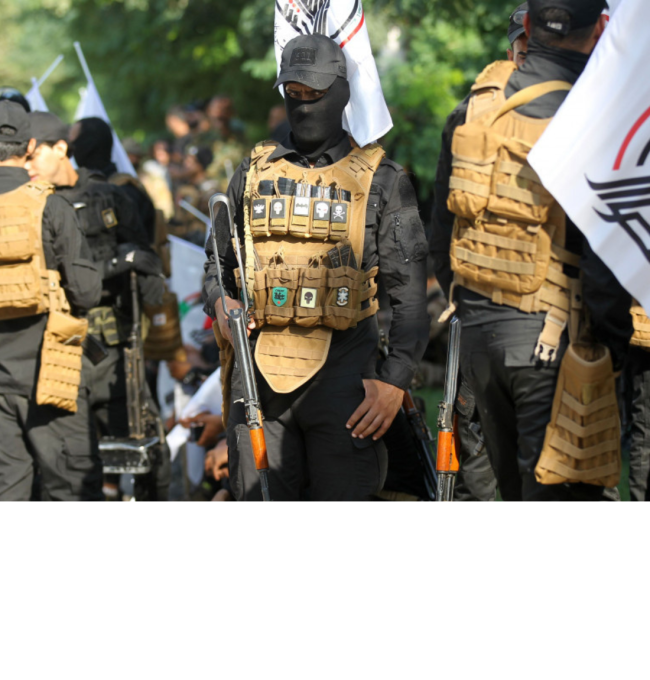Hassan ‘Thiago’ Tiamiyu is a Nigerian soldier and a boxer. Last Sunday, he won the national Super welterweight championship belt after beating Chidi Emmanuel Ugwu in a unanimous decision. Like many before him, the Oyo-state born combatant has kept the tradition of soldiers being the leading light of Nigerian boxing. The new national Super welterweight boxing champion spoke with Jacob Ajom after his fight at the weekend.
Last Sunday, 23 year-old Hassan ‘Thiago’ Tiamiyu of the Nigerian Army claimed the national Super welterweight championship belt after a dominant performance over 10 rounds against Chidi Emmanuel Ugwu in Ibadan. Tiamiyu’s achievement only rolled back the years when the Nigerian Army used to be a fertile ground for harvesting many of the best boxers this country has ever had.
The Army has a slogan, “To be at peace we must prepare for war”. Little wonder therefore, why the Army High Command invests so much in keeping its troops in good physical and mental state at all times. The investment in physical education by the army high command has inadvertently produced some positive returns for not just the force but also the entire nation.
As early as the 1950s, Nigeria, still under the cloak of colonialism, had started benefiting from her army. Major Emmanuel Ifeajuna, on bare feet, won gold medal at the 1954 Empire and Commonwealth Games in Vancouver. The Nigerian high jumper was the first black African to win a gold medal at the games.
Other sportsmen with military background include – but not limited to – Major Abbas Mohammed and Sgt Daniel Yelme in the Marathon race, the likes of Kadiri Ikhana, Mohammed Lawal, Charles Ngedo in football, among others.
Of all, however, the Nigerian army is noted for its excellence in combat sports, especially boxing. Names like Davidson Andeh, Eddie Ndukwu, Obisia Nwankpa, Kehinde Aweda, Segun Ajose, Isaac Ekpoa, among others ring a bell among Nigerian boxing fans.
At the second World Amateur Championships, held in Belgrade, Yugoslavia, Davidson Andeh won the world title in the lightweight division (– 60 kg) when he defeated Vladimir Sorokin from the USSR in the final. Andeh’s amateur career ended abruptly when in 1976, the federal government withdrew from the Olympics in protest against the participation of New Zealand, a country that was romancing with the former Apartheid South Africa. Andeh became professional in 1980. He won the African lightweight title in 1983 by defeating Tapsoga Tiga of Togo. He retired in 1987, with a record of 18 wins (12 knockouts), five losses and one no-contest.
As already mentioned, another soldier who took Nigeria’s name to global reckoning in boxing is Obisia Nwankpa. He started from the amateur ranks. In 2014, Obisia told this writer, “I was a legend in amateur boxing. I was a national champion, African champion, Commonwealth champion, African/Latin American champion, Commonwealth/USA Champion. These are four gold medals that I hold so dearly. I was also the 1974 and 1975 Military World Games champion, a multi-sport event for military sportspeople, organized by the International Military Sports Council (CISM).”
In 1981 Obisia Nwankpa had a shot at the world light welterweight belt, then held by Saoul Mamby of Jamaica. Mamby, then 34, won by a split decision in the 15-round fight. Obisia lost under spurious circumstances. Till date, he believes he was ‘robbed’.
Just like Obisia, Warrant Officer Segun Ajose, is another soldier in the welterweight class that won everything in sight except the world title.”That remains the biggest regret of my career,” he said in a chat with Sports Vanguard. However, Ajose said, “On the flip side, when I look back at my record of 34 fights, 32 wins, with 2 losses, I feel proud of myself. Except for my failure to win the world title, I feel proud of my record.”
Hassan ‘Thiago’ Tiamiyu, 23 has continued with that legacy set by his predecessors in the Nigerian Army. He is the new rising star of Nigeria boxing. Quietly, but tenaciously, the young soldier has boxed his way to the top. Last Sunday, in the ancient city of Ibadan, the lanky pugilist was the better of a not-so-tight 10-round Super welterweight contest against Emmanuel Chidi Ugwu. It was put together by Glorious Cut Promotions and sanctioned by the Nigerian Boxing Board of Control, NBB of C. He dominated his opponent so much that the three ringside judges awarded the fight in his favour in a unanimous decision.
“There was no contest, as he won all the rounds,” his coach, a former Commonwealth champion, Segun Ajose said, in a post-bout chat with this writer. By that victory, Hassan ‘Thiago’ Tiamiyu became the national Super welterweight champion of Nigeria.
Hassan from Oyo state started his boxing career in 2009 as an amateur.. He won a silver medal at the 2018 National Sports Festival in the light welterweight category. Tiamiyu won the medal for Borno state after he was denied a look in by Oyo, his home state. “Oyo state did not have confidence in me,” he told Sports Vanguard. “I was not even allowed to take part in the trials. So I had to look for where I could box and be accepted. Borno state adopted me. That was why I represented the state at the festival.”
The young boxer who turned professional in October, 2021 said he could not wait to go to the Olympics before plunging himself into the professional ranks. “I was not opportune to go to the Olympics. I decided to move on because I cannot wait forever.”
Not bothered by the burden of history, the young boxer believes so much in himself that he told our reporter, “I see myself on top of the world, very soon,”
Before the national title fight last Sunday, Tiamiyu had won all his seven previous professional fights with 5 knockouts. With the national title in the kitty, the 23-year old said, “I want to go for the West African title. I don’t know who the champion is, but I want to go for it, anytime soon.”
His coach, Ajose said his ward is ready for the next step. “He is ready. Although he is still work in progress, we can go for the West African or African title. We are exploring every opportunity, whichever one comes first we will jump at it. He is in the Nigerian Army. The army has been magnanimous. Before this fight, he trained for months and that was why he did very well.”
Ajose, who is still in the army, eulogized the high command for the support his ward has been receiving.
“The future of the sport among the rank and file remains bright because, as you are aware, the army has always encouraged sports, particularly, boxing. With the new Chief of Army Staff and the Director of Physical Training we have now, things will continue to look up.”







